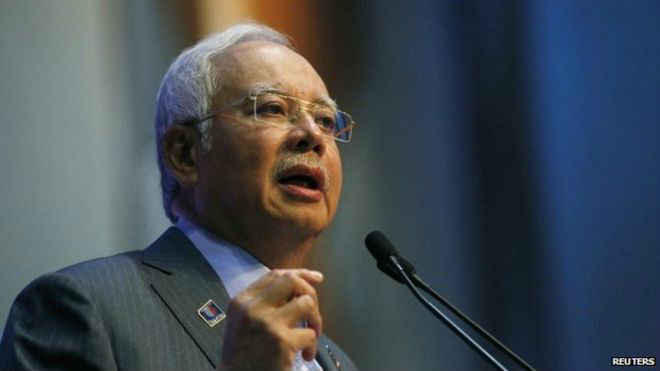Malaysia passes controversial anti-terror bill



Malaysia scrapped its Internal Security Act — which permitted indefinite detention without trial — in April 2012 amid public concern it was using the legislation to stifle political debate and lock up critics.
But it replaced the colonial-era law with powers that permitted 28-day detention.
Opposition lawmaker N Surendran, quoted by AFP news agency, said the new anti-terror law was "open to abuse and is a grievous blow to democracy".
Phil Robertson of Human Rights Watch said that by "restoring indefinite detention without trial, Malaysia has re-opened Pandora's Box for politically motivated, abusive state actions".
Malaysia — a Muslim-majority nation — says it is concerned about the effect on domestic security of those who have fought with or support Islamic extremists in Syria and Iraq.
In January, Home Minister Datuk Seri Dr Ahmad Zahid Hamidi said 67 Malaysians were known to have gone to Syria and Iraq, including five who had been killed. One hundred and twenty people suspected of links to the Islamic State militant groups were being held in Malaysia, he said.
But the government has also been clamping down on critics in recent months.
Journalists, activists and opposition figures have all been targeted by the equally controversial sedition law, which regulates speech deemed to incite unrest or religious and social tensions.
Opposition leader Anwar Ibrahim, meanwhile, remains in prison after being convicted of sodomy — an act which is illegal in Malaysia but for which few are ever prosecuted.
He says the case against him is aimed at keeping him out of politics.
Политика конфиденциальности | Правила пользования сайтом







